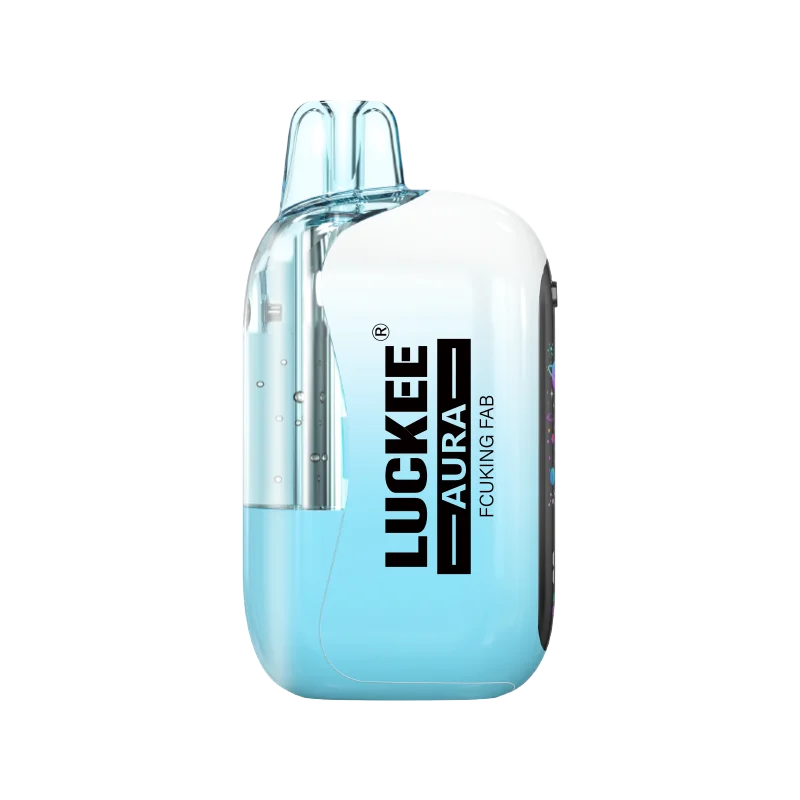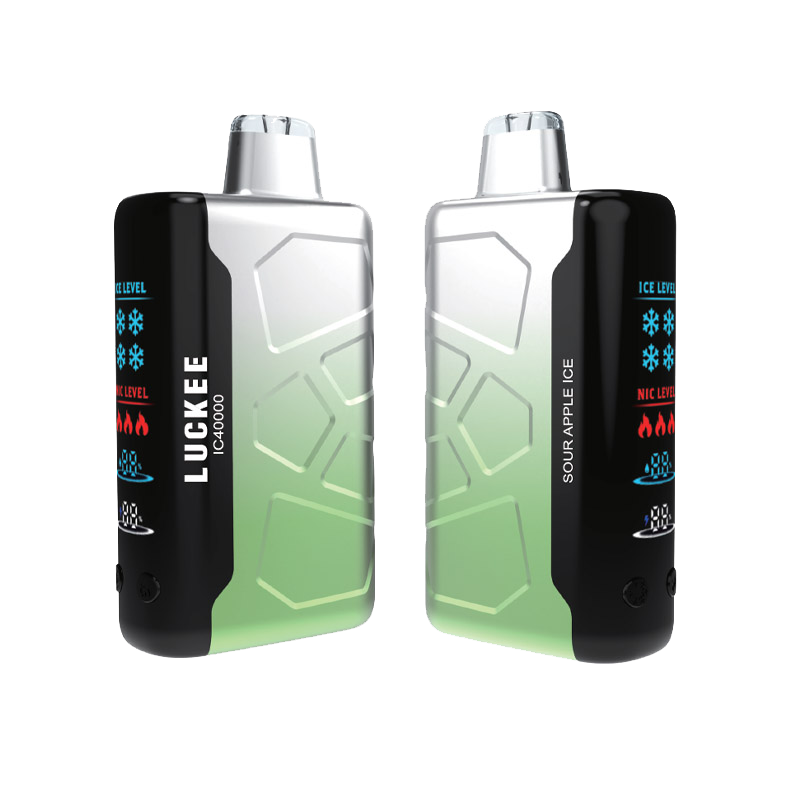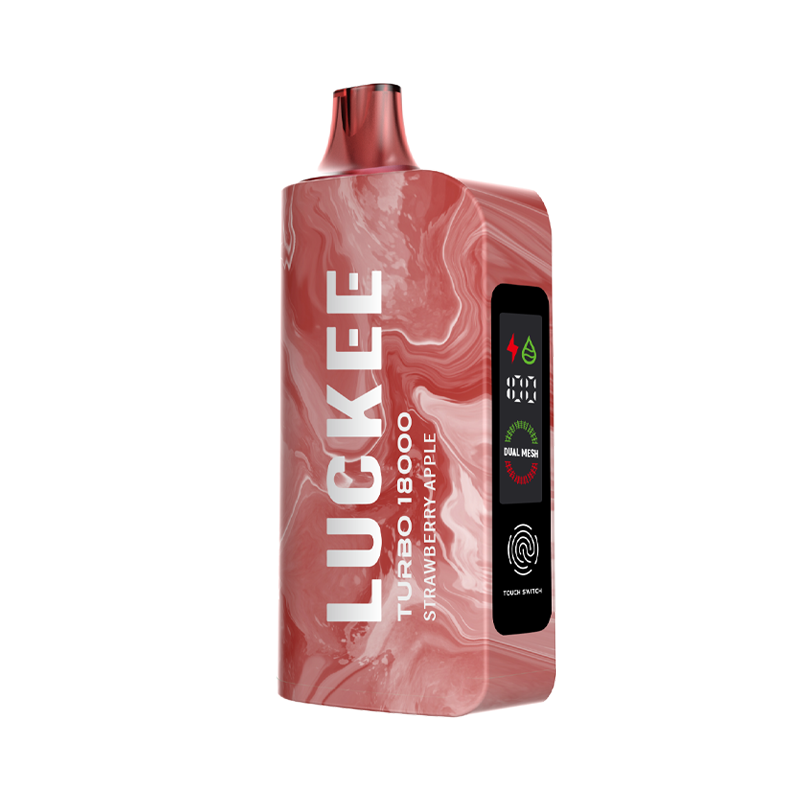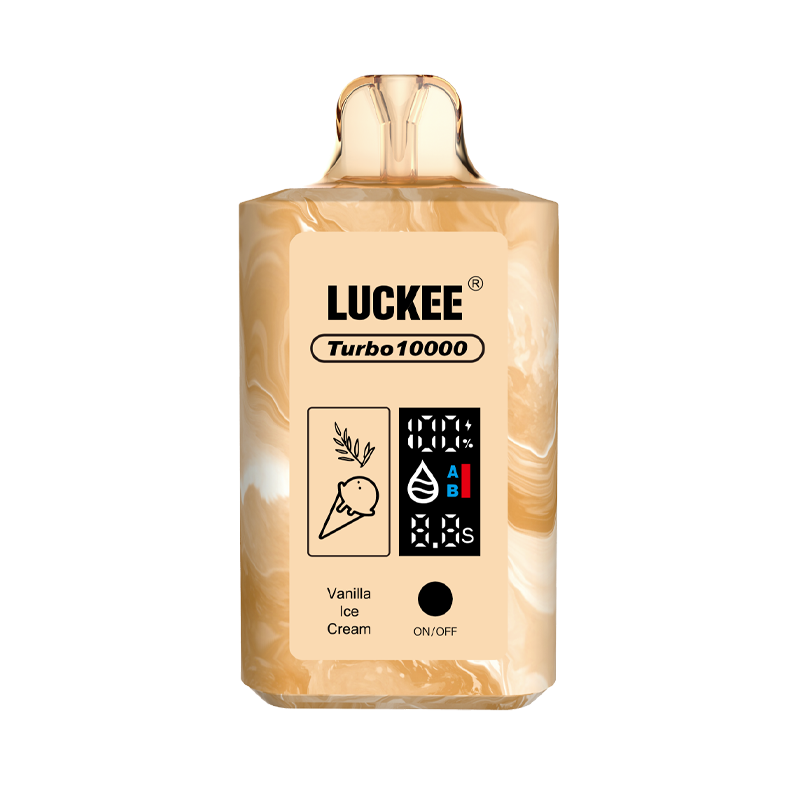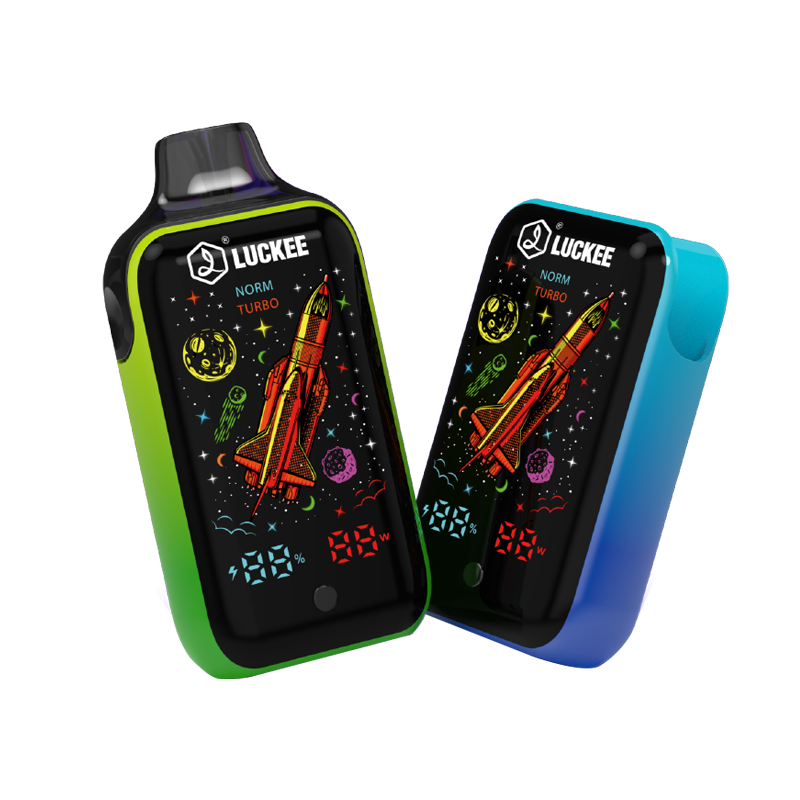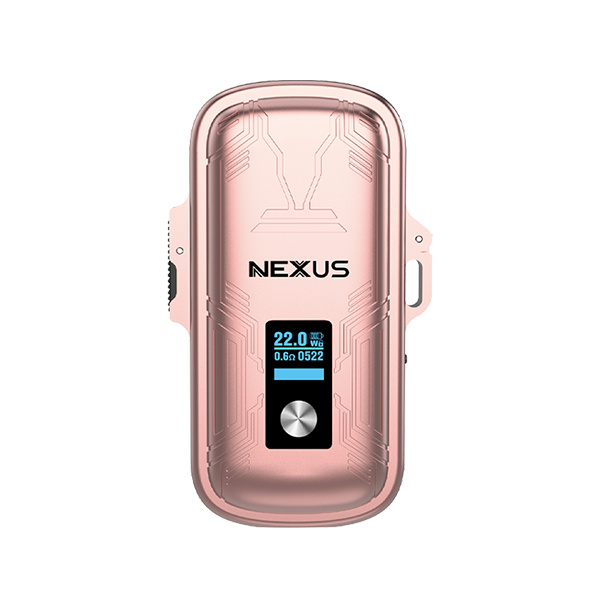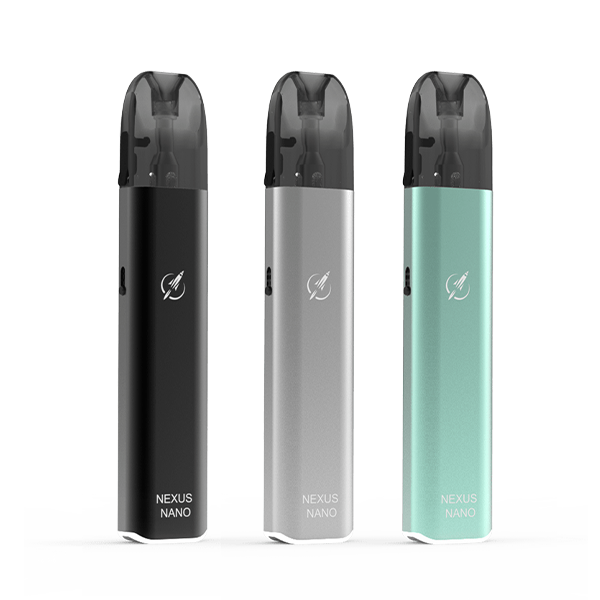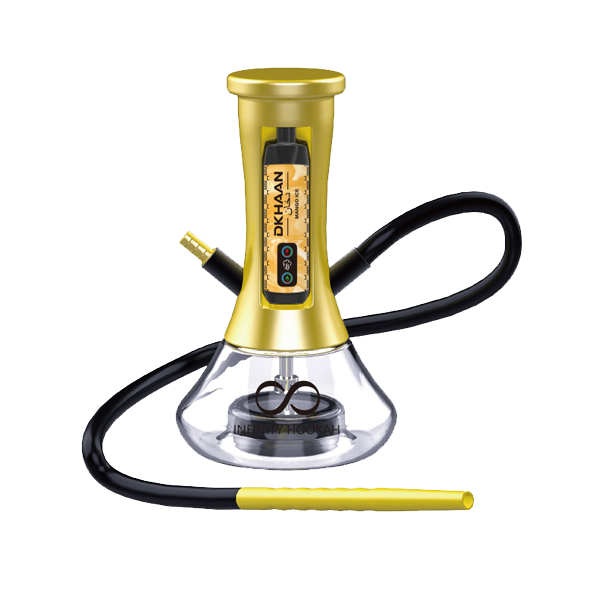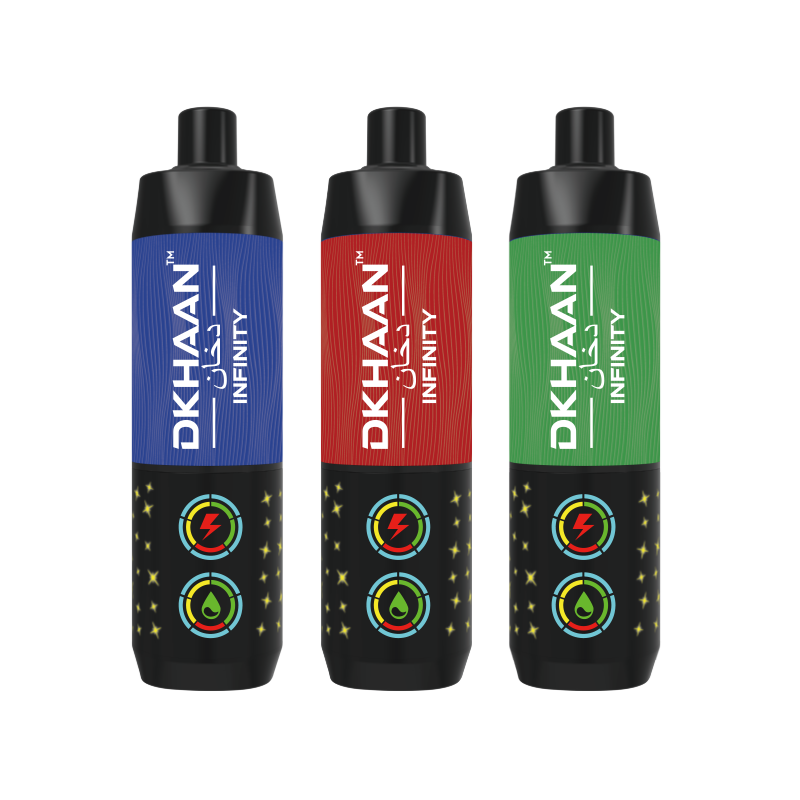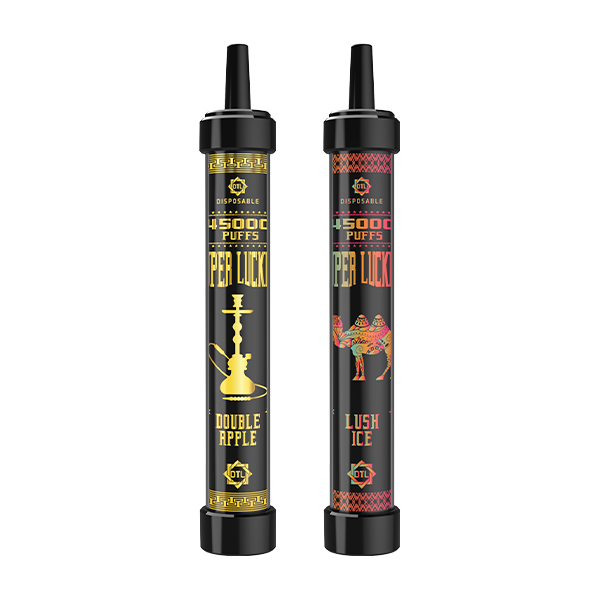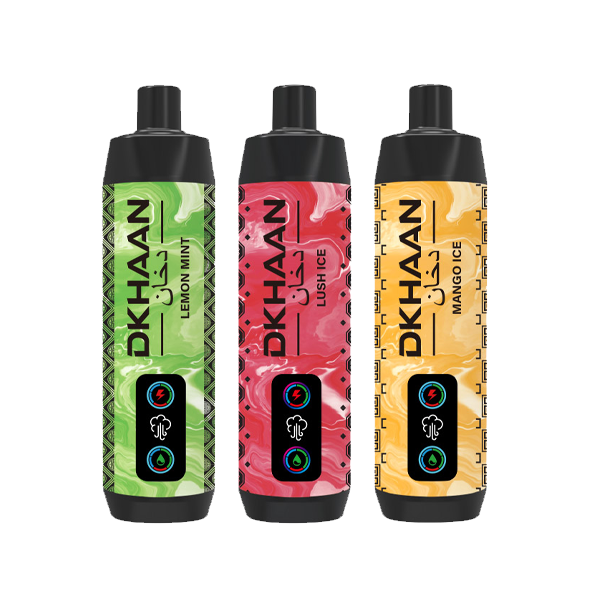Are Vapes Banned in Mexico? (2025 Legal Update)
With global vaping laws constantly evolving, many travelers are left asking: Are Vapes Banned in Mexico? Whether you’re planning a vacation or thinking of shipping vape products, it’s essential to understand Mexico’s current stance on vaping in 2025 to avoid legal trouble.
Here’s a comprehensive look at what’s banned, what’s still allowed, and how vape laws are enforced in Mexico today.
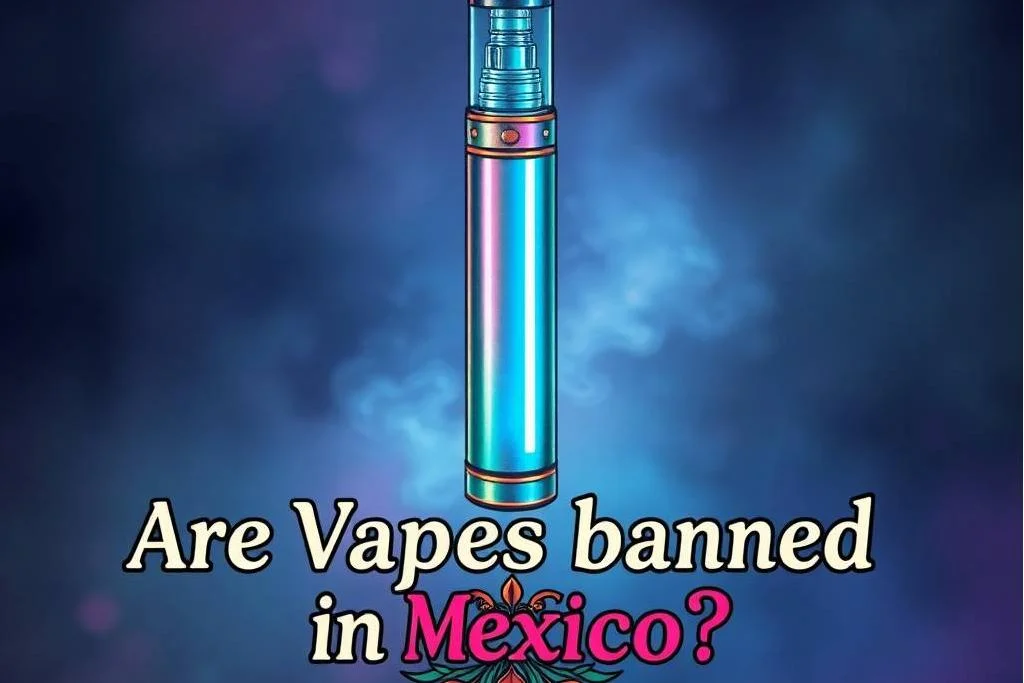
Is Vaping Banned in Mexico?
Yes, Mexico enforces a nationwide ban on the sale, marketing, import, and distribution of all vape products—including nicotine-free devices and e-liquids.
This ban was officially enacted in 2022 under the leadership of President Andrés Manuel López Obrador. The government cited concerns about vaping’s health risks and its increasing popularity among minors. Although the law targets commercial activity, it has created confusion around the rules for personal use.
Can You Bring a Vape into Mexico?
Bringing your personal vape device into Mexico exists in a legal gray area. While personal possession isn’t explicitly banned, enforcement is inconsistent.
Key points to remember:
Customs agents may confiscate your device or e-liquids without warning.
No clear legal penalties exist for individual use, but discretion is highly recommended.
Carrying multiple vapes or excessive e-juice might be interpreted as intent to distribute—which is illegal.
In short: if you bring a vape, do so cautiously and in minimal quantities.
What Exactly Is Prohibited?
Mexico’s vape ban covers a wide range of commercial activity:
Retail and online sales of e-cigarettes, vapes, and e-liquids (with or without nicotine).
Advertising or promotional content related to vape products.
Import/export of vaping items for commercial purposes.
Mail-order deliveries from international sellers.
These restrictions are actively enforced by COFEPRIS (Mexico’s Federal Commission for Protection Against Sanitary Risk), which routinely conducts raids and confiscations targeting vape shops and vendors.
Is Public Vaping Allowed in Mexico?
Public vaping is not expressly illegal, but it is subject to tobacco control laws that restrict smoking in public spaces:
Vaping is banned in parks, beaches, restaurants, bars, schools, and other shared environments.
Fines may apply for violating no-smoking/no-vaping zones.
Always look for signage or ask local staff before vaping in public.
Local enforcement varies by city and region, so always err on the side of caution.
Why Did Mexico Ban Vaping?
The government’s decision to ban vapes stems from several factors:
Concerns about the long-term health effects of vaping.
The rapid rise of youth vaping, especially flavored products.
Recommendations from the World Health Organization (WHO) discouraging e-cigarette use in developing countries.
A broader push to reduce nicotine addiction nationwide.
Critics argue the ban limits access to potentially safer alternatives to smoking and may drive the vape market underground.
What Travelers and Vapers Should Know
Before you travel to Mexico with vape products, consider the following:
Limit what you bring—stick to one device and minimal e-liquid.
Don’t attempt to buy or sell vape gear within Mexico.
Be discreet if you vape in private settings.
Review airline regulations for transporting battery-powered devices.
Do not expect to find vape products easily once you’re there.
Conclusion
Although personal possession of vape devices is not officially banned, Mexico’s comprehensive restrictions on vape sales, imports, and marketing are strictly enforced. Travelers bringing vapes into the country do so at their own risk—especially when carrying multiple items. If you do vape, keep a low profile, follow local laws, and avoid any commercial activity.
Until the legal landscape changes, vaping in Mexico should be approached with care and respect for local regulations.
Looking for Manufacturer for Your Vape Business?
LUCKEE is a reputable vape brand developed by SHENZHEN THUNDER STORM Technology Co., Ltd, an ISO-certified manufacturer specializing in vape devices. Since its establishment in 2013, the company has been a trusted partner for OEM, ODM, and OBM services. The founding team, composed of industry veterans from leading companies, brings over a decade of expertise in the vaping sector. Their deep commitment and thousands of hours of innovation have been dedicated to continuously enhancing the user experience and delivering superior vaping products.
FAQs
1. Can I bring my vape into Mexico for personal use?
Yes, but it’s risky. While personal use isn’t outlawed, customs agents may confiscate your vape or liquids, particularly if you’re carrying more than one device or large amounts of e-liquid.
2. Are vapes legally sold in Mexico?
No. The commercial sale, distribution, and advertising of all vape products are prohibited by law. Any retailer selling them is operating illegally.
3. Can I vape in public areas in Mexico?
Vaping is restricted in most public areas under tobacco regulations. This includes restaurants, parks, beaches, bars, and public transportation. Fines may be issued for violations.
4. What happens if customs finds a vape in my luggage?
Your device or liquids may be seized. There are no consistent penalties for personal use, but officials may act at their discretion, especially at airports or border crossings.
5. Why did Mexico ban vaping?
The ban aims to protect public health, particularly among youth. It aligns with WHO recommendations and is intended to curb nicotine dependency across the population.

